Western Australia’s Attorney General says there is “systematic discrimination” against Indigenous people in the state’s justice system.
John Quigley made the comments to SBS News as thousands prepare to march in a Black Lives Matter rally in Perth on Saturday.
“An Indigenous person, for example, is far more likely to be stopped and questioned by the police than a non-Indigenous person. An Indigenous person who is charged by the police is far more likely to be arrested,” he said.
“An Indigenous person is far less likely to get bail because they don’t have the advocates in court, or because they don’t have a fixed address or employment.
“So if you measure it by outcome, you would have to say there is systemic discrimination in the system.”
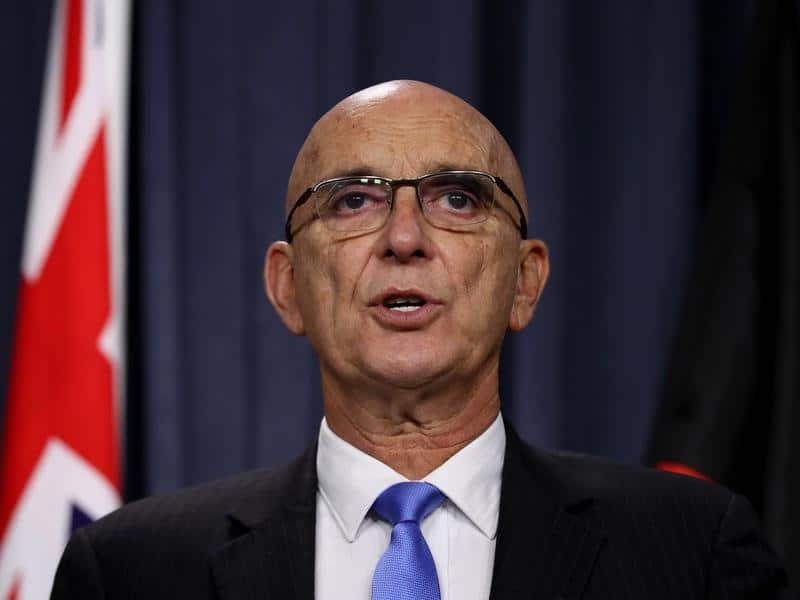
Nationwide, the imprisonment rate of Aboriginal Torres Strait Islander people is 2.6 per cent, but that number soars to 4.1 per cent in Western Australia.
“I stood before the Australian Bar Association two years ago and said it’s a national disgrace. We’re incarcerating Aboriginal people at a rate 70 per cent higher than the national average, and 30 per cent higher than the Northern Territory.”
Mr Quigley said the Indigenous imprisonment rate has slowed in recent years but admits the number of Aboriginal adults going to jail in WA is still increasing.
“I accept that responsibility and have been working with the various departments and the Aboriginal Legal Service to turn that around,” he said.
The number of young Aboriginal people in detention is also decreasing.
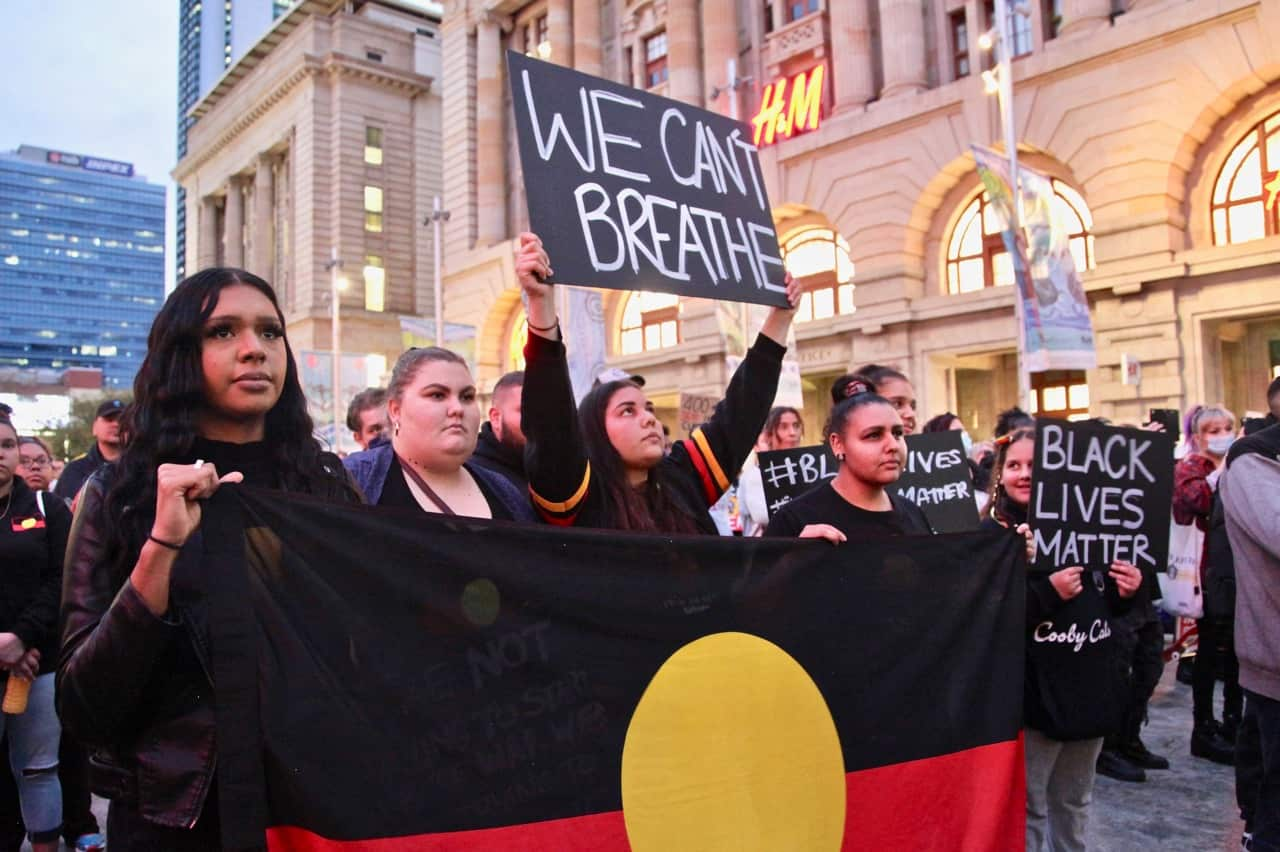
The WA Government introduced a Custody Notification Service in 2019 and has introduced a bill to parliament to make imprisonment for unpaid fines a last resort.
Twenty-two-year-old Yamatji woman Ms Dhu died in custody in the state in 2014, while serving time for unpaid fines.
Mr Quigley says further legislative reforms are planned, including changes to WA’s Mentally Impaired Accused Act and expanding support for bail applications.
“A lot of [Indigenous prisoners] would be eligible for bail if they had the proper representation in the courts, so we’ve got teams of people going into the prisons to specifically identify those people,” he says.
“I’m doing my best to address it, and I’m doing it by each piece of legislation.”
For frontline Aboriginal community workers, change through the parliament can’t come soon enough.
“I was once in the prison system myself, I know the prison system from the inside as well as the outside. And it seems like things are getting worse for our people,” said Mervyn Eades, founder and CEO of Aboriginal employment access organisation Ngalla Maya.
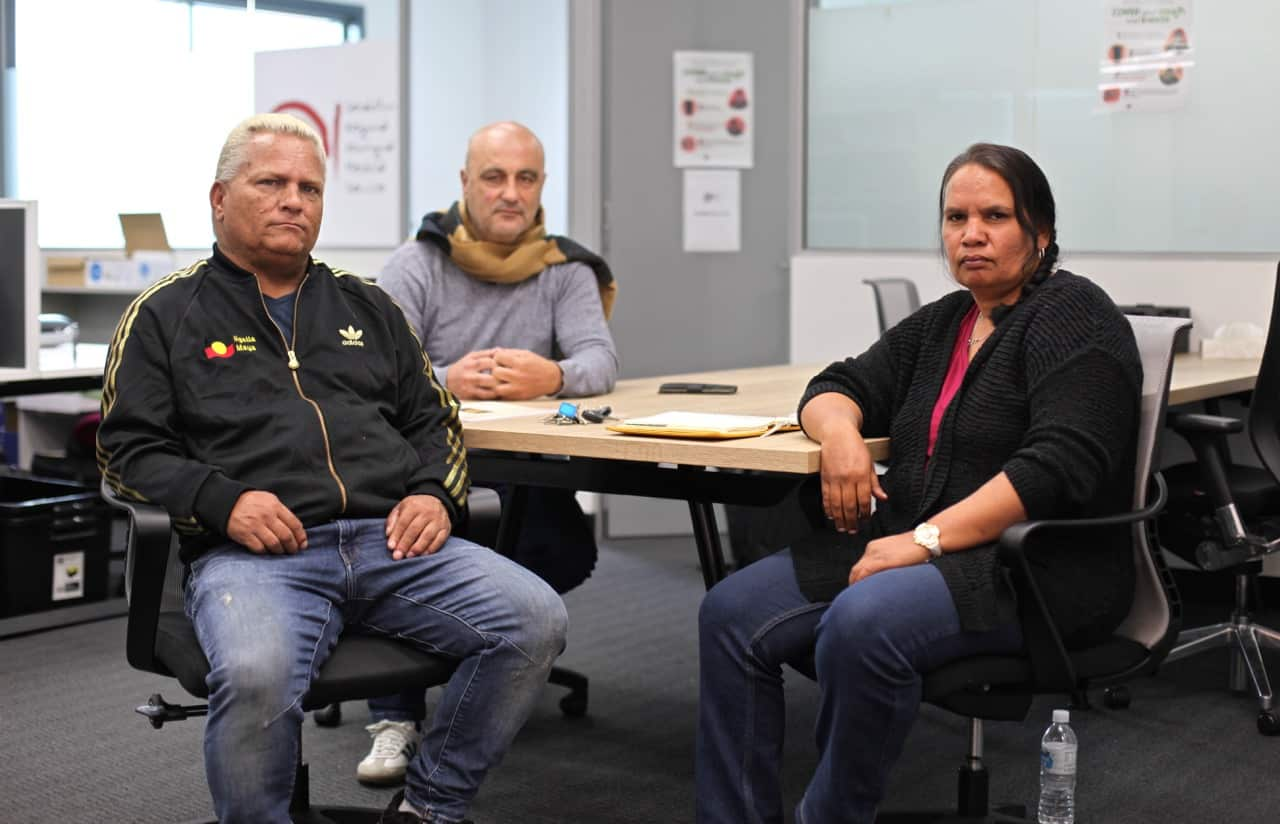
Mr Eades was among a delegation that visited the state's Acacia Prison this week alongside WA Department of Corrective Services Commissioner Tony Hassall after the death of a 40-year-old Aboriginal man last weekend.
“When I walked into Acacia Prison, all I saw was black faces. It was a very sad reminder that our Aboriginal prison population is growing, it’s not decreasing,” he said.
“Prison isn’t the answer anymore, we have to look at the inequalities of society for our people, the disadvantages. Poverty, generational trauma, none of that’s been addressed. The government is always taking the punitive approach.”
In addition to the nation’s highest Indigenous incarceration rate, WA has also recorded the nation's highest number of Aboriginal deaths in custody since 1991.
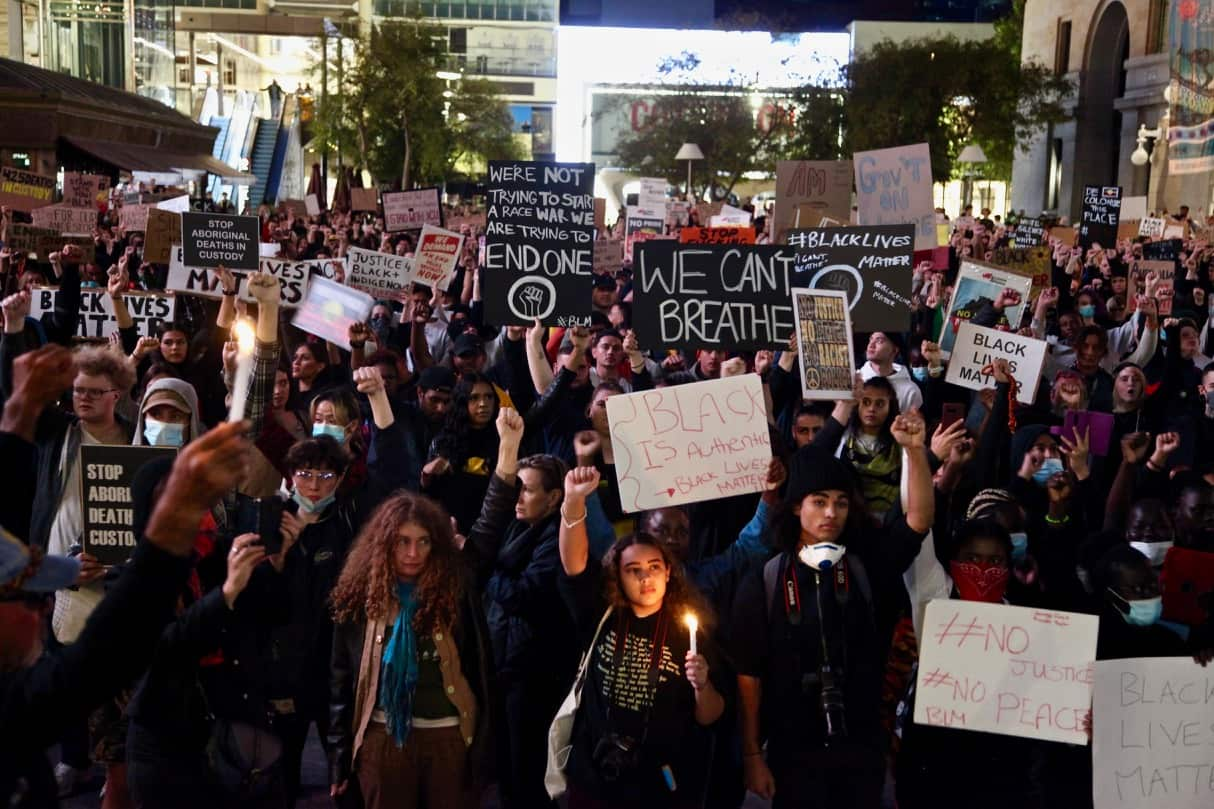
“It’s not just about Aboriginal deaths in custody, it’s about poverty, it’s about lack of housing and it’s about children being removed,” National Suicide Prevention & Trauma Recovery Project director Megan Krakouer said.
“All these are factors with many of the families we work with. That’s why we have to call out systemic racism when we see it.
“People that are in prison, those are our people. We need to show that love, that strength and that support, backed up by investment”.
There are few people in Australia who understand the underlying causes of high incarceration rates as well as Western Australian Senator Pat Dodson.
Thirty years ago, he was a commissioner in the 1991 Royal Commission into Aboriginal Deaths in Custody.
“The Royal Commission inquired into 99 Aboriginal deaths. We now have somewhere in the vicinity of 430 deaths that have occurred. That’s an appalling number of people to have died in custody,” he said.
“We haven’t seen a coordinated approach to deal with this as a national issue.”
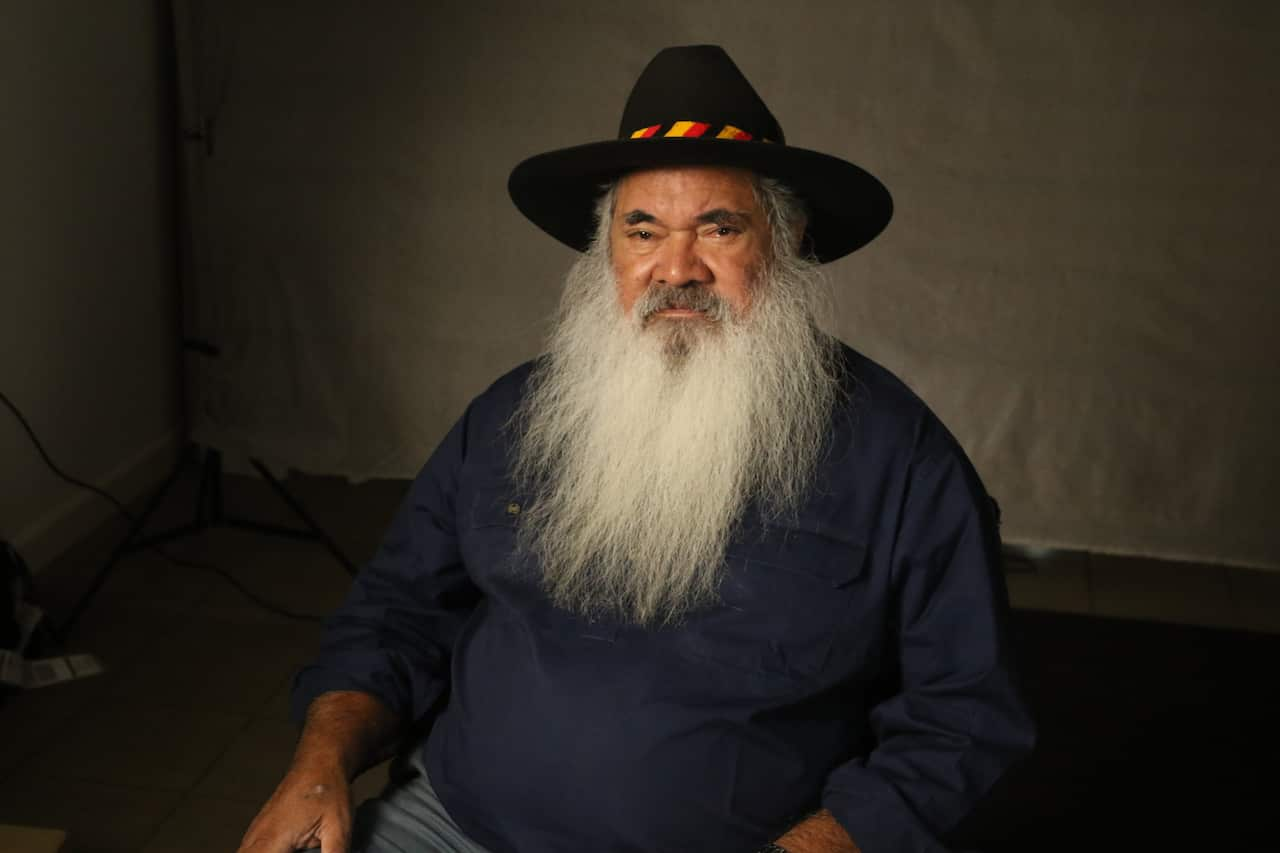
Senator Dodson says in addition to legislative change through parliamentary process, there need to be honest conversations about systemic racism in Australia.
He rejects Prime Minister Scott Morrison’s calls this week for demonstrators attending Black Lives Matter rallies this week to be charged under emergency management laws.
“I think the prime minister should turn his attention to what he is going to do to mitigate these circumstances and ramp up his capacity to influence the states to adopt more of the reforms as a consequence of the royal commission,” he said.
“Why is it that the systemic nature of racism is still persisting? That’s the question that has to be answered”.
On Friday, Mr Morrison met with premiers and chief ministers from the states and territories to discuss Indigenous policy ahead of talks planned for next month to finalise new targets for Closing the Gap between Indigenous and non-Indigenous Australians.
Mr Morrison said there was a commitment to act and no shortage of funding to address the issue.
"The challenges of Indigenous incarceration go across so many different areas of public policy – it's health policy, it's youth policy, it's a suicide policy, it's employment policy, it's welfare policy," he said.
"This is an incredibly complicated area and not all Indigenous experiences are the same."
"There is no shortage of funds being thrown at this issue. But clearly the application of funds by governments over decades and decades and decades is not getting the results we want. I can assure you it's not through a lack of will, it's an admission of the complexity and the difficulty of the task."

